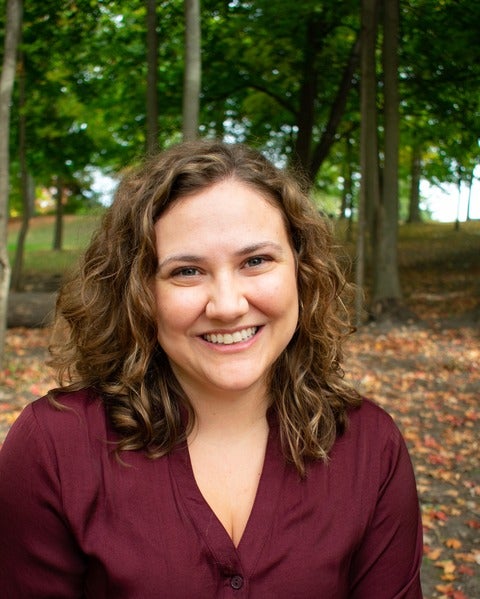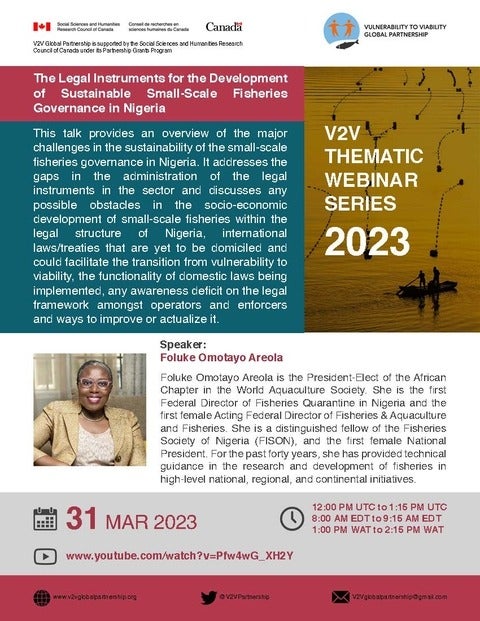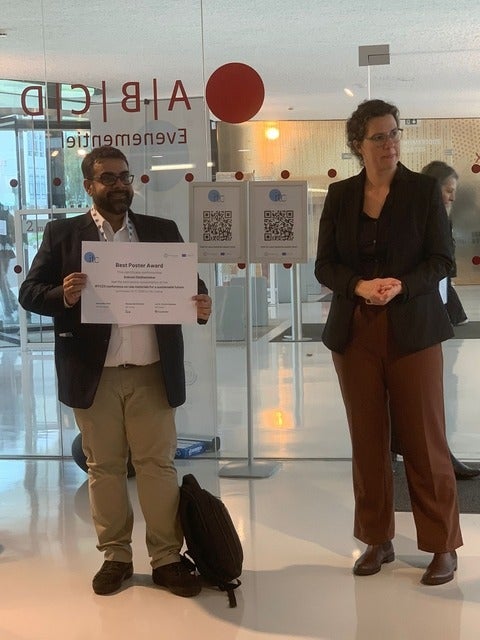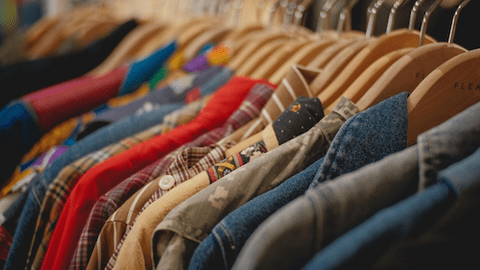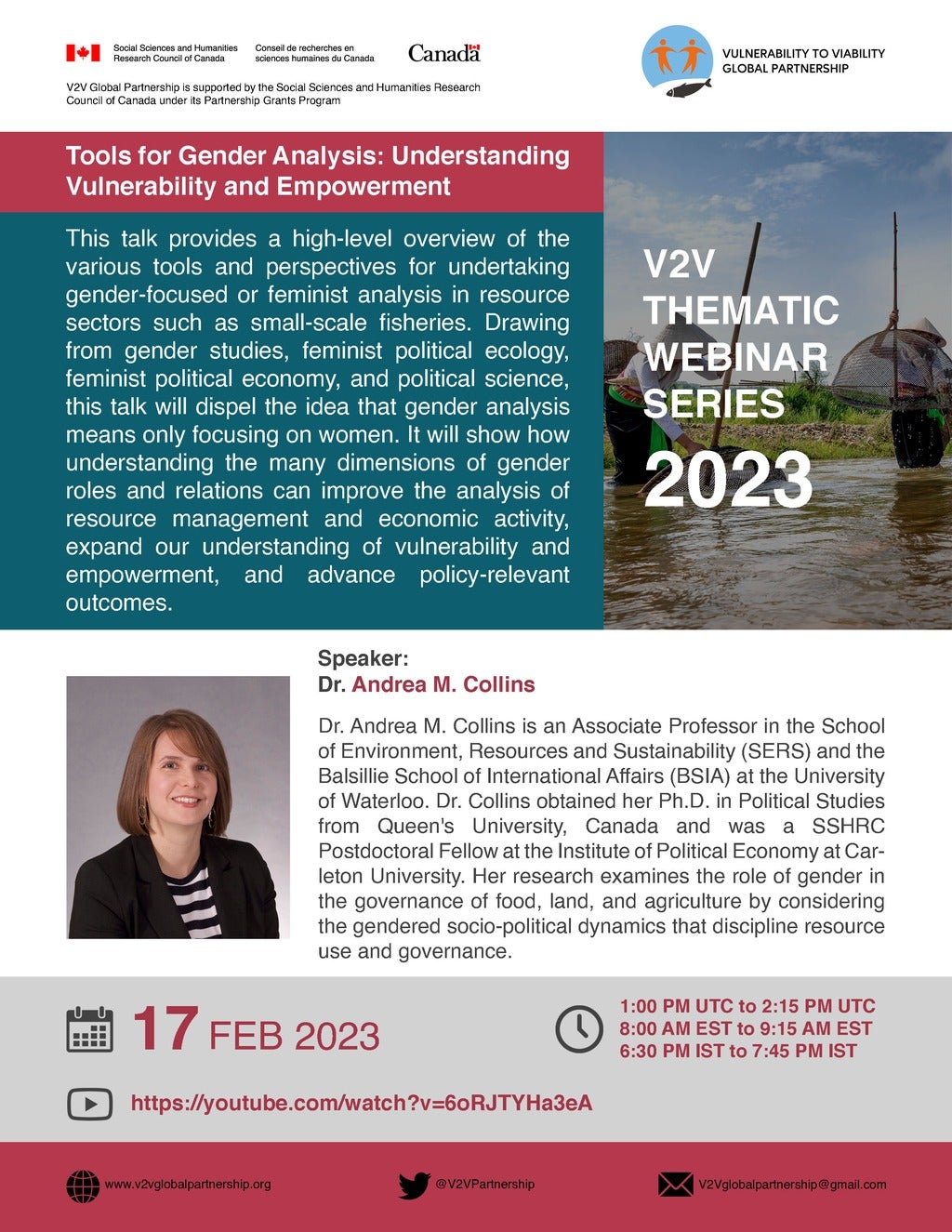Coastal wetlands video selected as a SSHRC Storytelling Challenge finalist
“Look beyond the beauty of our coastal wetlands, and you’ll find this habitat is hard at work,” starts the short video by Navya Vikraman Nair, PhD candidate in Sustainability Management (Water). Her work has been selected as one of this year’s top 25 Storytelling Challenge finalists; a national competition run by the Social Sciences and Humanities Research Council (SSHRC).
The annual contest, now in its 10th edition, challenges postsecondary students from across the country to show Canadians, in up to three minutes or 300 words, how social sciences and humanities research is affecting our lives, our world and our future for the better. Navya submitted a video about her current research on linkages among water quality, blue carbon ecosystems and coastal fisheries.
"I am beyond thrilled and honored to be selected as a finalist among the Top 25 in 2023 SSHRC Storytellers challenge” she said. “It's an honour to have the opportunity to share my research and its importance with a wider audience, and I am grateful for the chance to inspire others to take action towards a more sustainable future."
The top 25 storytellers were selected from a pool of nearly 200 applicants and represent 14 postsecondary institutions. Each finalist is awarded a cash prize and will compete for a top five spot in this year’s showcase.
Finalists will present their story at the Storytellers Showcase at the Congress of the Humanities and Social Sciences on Monday, May 29, 2023, at 9 a.m. E.T.at York University. The final five winners will be chosen from among the 25 finalists and will be revealed at a Big Thinking event the same day.

